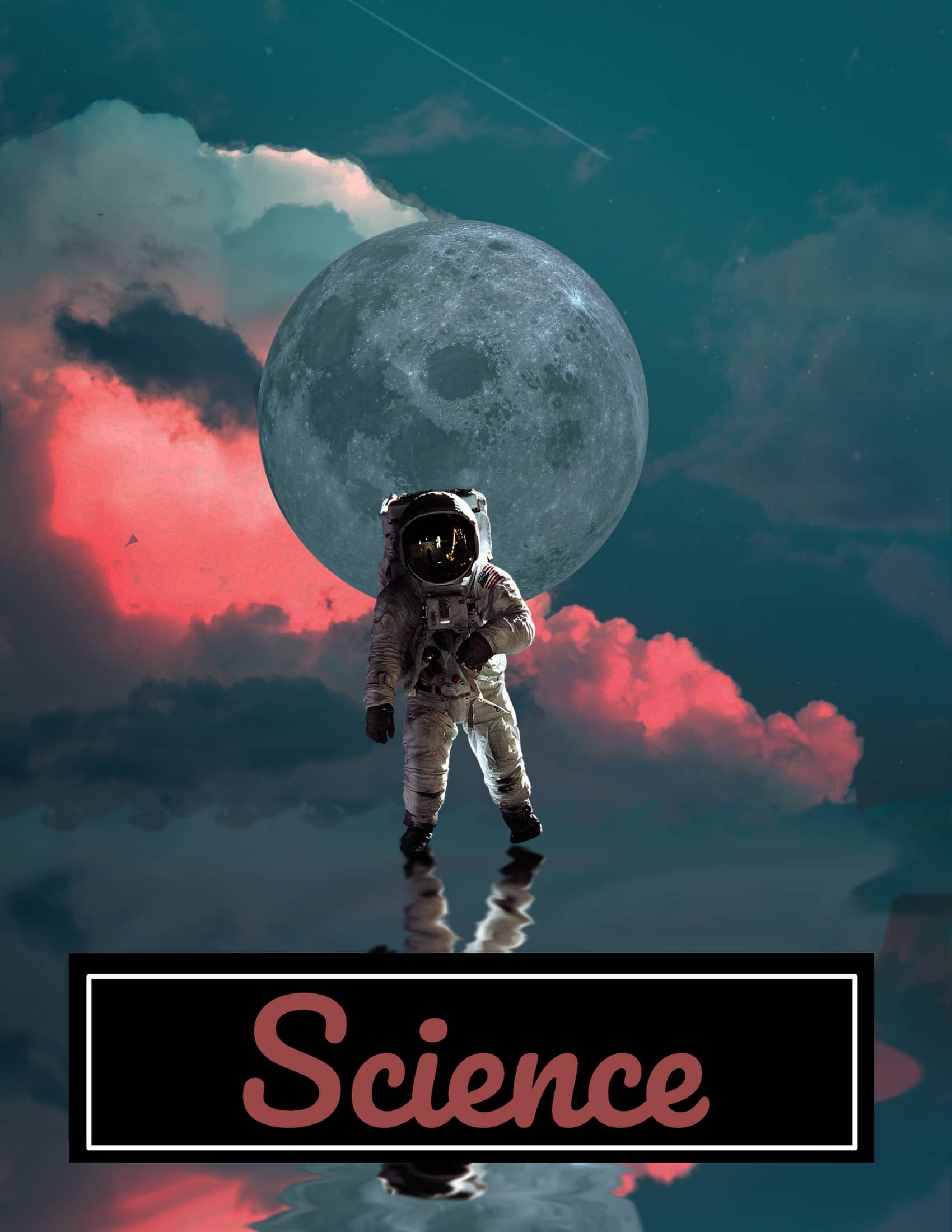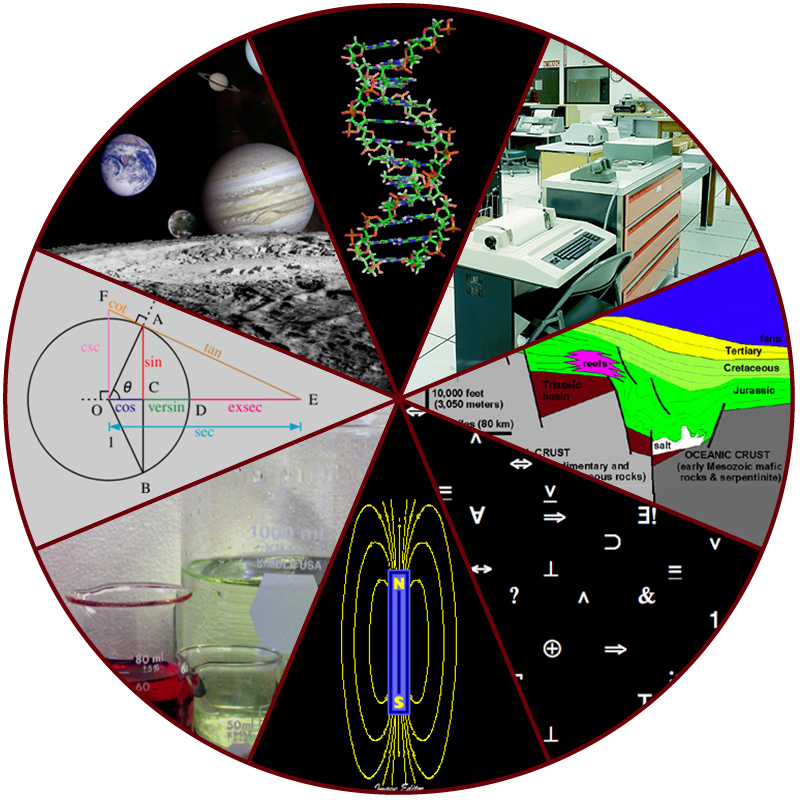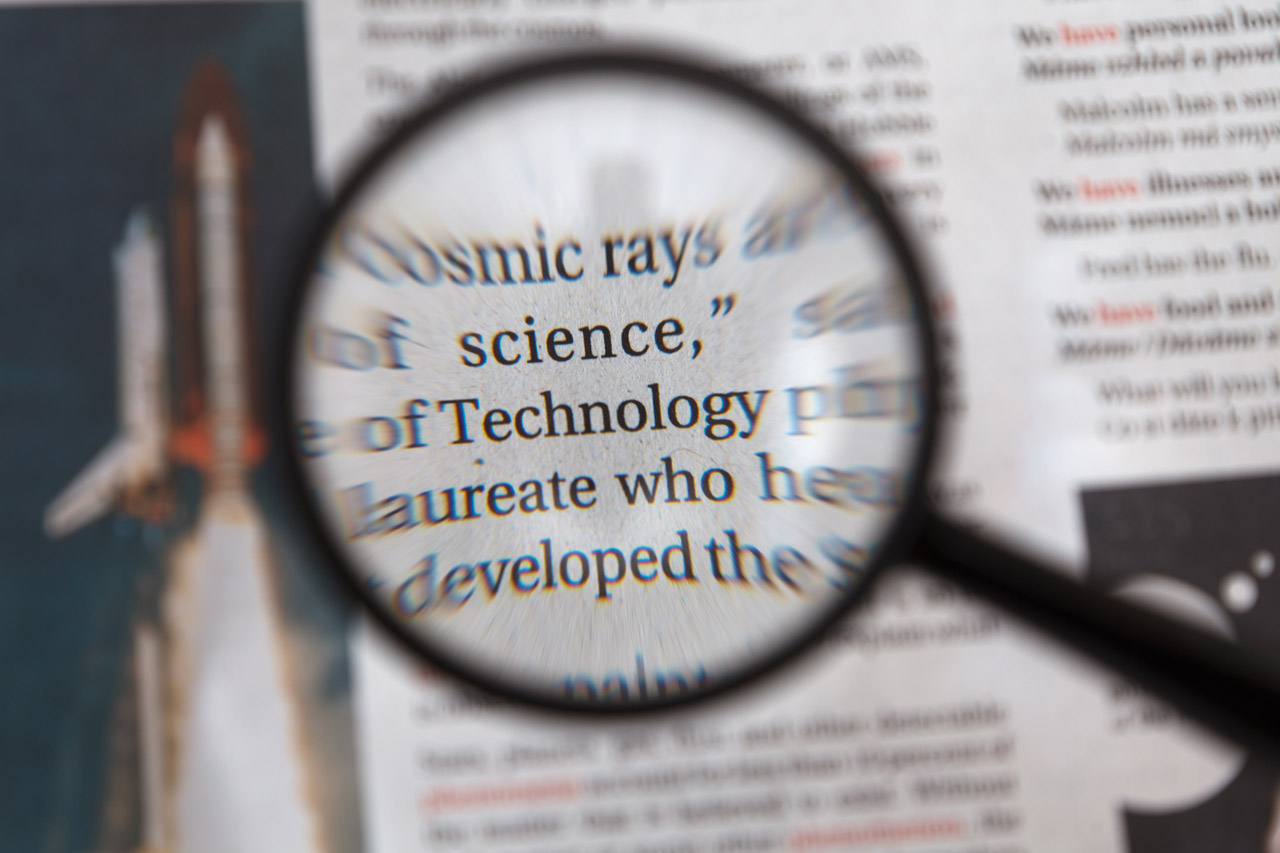· present vision restoration technologies have substantial constraints that limit their application in the clinical setting. In this work, we fabricated a subretinal nanoprosthesis using … · science/aaas peer-reviewed journals deliver impactful research, daily news, expert commentary, and career resources. · huanglongbing (hlb) is a devastating citrus disease. · the gut microbiota is known to be associated with a variety of human metabolic diseases, including metabolic dysfunction–associated steatohepatitis (mash). Using eight glacier models, we simulated global glacier … · the sense of touch conveys critical environmental information, facilitating object recognition, manipulation, and social interaction, and can be engineered through haptic … By integrating cryo–electron microscopy single-particle … A neuromorphic e-skin system simultaneously emulates closed-loop sensory encoding and mechanical softness of natural skin. In this work, we report an hlb resistance regulatory circuit in citrus composed of an e3 ubiquitin ligase, pub21, and its … Influenza viruses replicate and transcribe their genome in the context of a conserved ribonucleoprotein (rnp) complex. Programmable gene integration in human cells has the potential to enable mutation-agnostic treatments for loss-of-function genetic diseases and facilitate many applications in the life … · a drug with a novel mechanism protects people against the aids virus for 6 months. · glaciers adapt slowly to changing climatic conditions, with long-term implications for sea-level rise and water supply. It could speed the end of the epidemic—if those who need it most get access
Science Vs. Pseudoscience: Spotting The Difference.
· present vision restoration technologies have substantial constraints that limit their application in the clinical setting. In this work, we fabricated a subretinal nanoprosthesis using...









